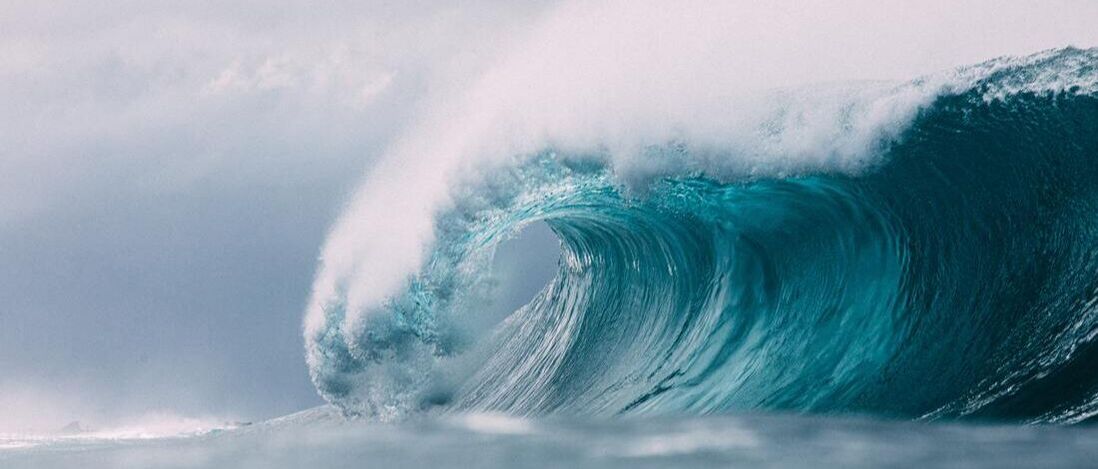Without energy, you can't have water; and without water, you can't have energy.
The relationship between energy and water is close and co-dependent. It takes a massive amount of energy to process water that can be utilized by humans for drinking and other purposes; and, it takes an equally massive amount of water to generate energy and to control the pollution that it creates.
This issue of Energy Today offers a thematic focus on the water-energy nexus.
The relationship between energy and water is close and co-dependent. It takes a massive amount of energy to process water that can be utilized by humans for drinking and other purposes; and, it takes an equally massive amount of water to generate energy and to control the pollution that it creates.
This issue of Energy Today offers a thematic focus on the water-energy nexus.
Recommended Articles
Planet or Plastic:
We Made Plastic. We Depend on It. Now We're Drowning in It
And,
Coral Reefs Are In Crisis;
But Scientists are Finding Effective Ways to Restore Them
These two articles take a closer look at the great big mess in the oceans. The article about plastic, an excerpt from the June issue of a National Geographic multi-year series, highlights how a global disregard for plastic (manufacture, use and disposal) has led to a serious ecological imbalance. The article about coral reefs offers an inspiring reminder that "what has been done can also be undone."
Also in this issue are case studies about two communities -- Cape Town, South Africa and Stanford University -- that confronted and possibly solved their individual water issues:
How Cape Town Delayed Its Water-Shortage Disaster
And,
New Water Treatment Plant Tests
Stanford Technology For Cleaning Wastewater
The final article is an opinion piece that argues in favor of a fundamental premise: if nations are willing to use military force to defend their land and sovereign borders, then perhaps recent changes to the land (declining access to power, inadequate water supplies, receding borders due to rising sea-levels, etc.) deserve a "symmetrical counter-force response."
COMMENTARY:
We Should Prepare for Climate Change Like We Prepare for War
We Made Plastic. We Depend on It. Now We're Drowning in It
And,
Coral Reefs Are In Crisis;
But Scientists are Finding Effective Ways to Restore Them
These two articles take a closer look at the great big mess in the oceans. The article about plastic, an excerpt from the June issue of a National Geographic multi-year series, highlights how a global disregard for plastic (manufacture, use and disposal) has led to a serious ecological imbalance. The article about coral reefs offers an inspiring reminder that "what has been done can also be undone."
Also in this issue are case studies about two communities -- Cape Town, South Africa and Stanford University -- that confronted and possibly solved their individual water issues:
How Cape Town Delayed Its Water-Shortage Disaster
And,
New Water Treatment Plant Tests
Stanford Technology For Cleaning Wastewater
The final article is an opinion piece that argues in favor of a fundamental premise: if nations are willing to use military force to defend their land and sovereign borders, then perhaps recent changes to the land (declining access to power, inadequate water supplies, receding borders due to rising sea-levels, etc.) deserve a "symmetrical counter-force response."
COMMENTARY:
We Should Prepare for Climate Change Like We Prepare for War
FEATURED TECHNICAL ARTICLE
|
Consistent with the overall theme of this issue, the technical article presented by DeGruyter is about the hazards of phthalates in plastic manufacturing and in many plastic water bottles:
Magnetic Adsorbent Extraction of Phthalates in Water |





